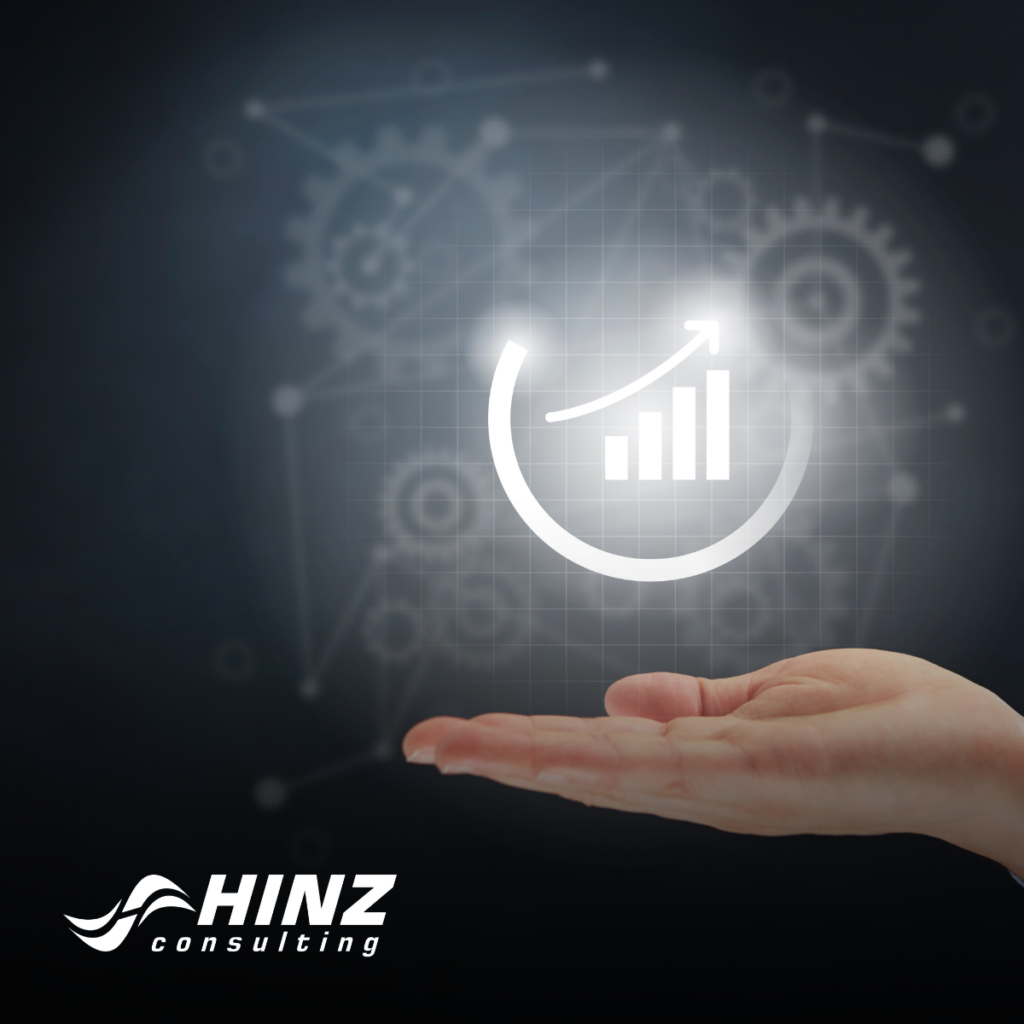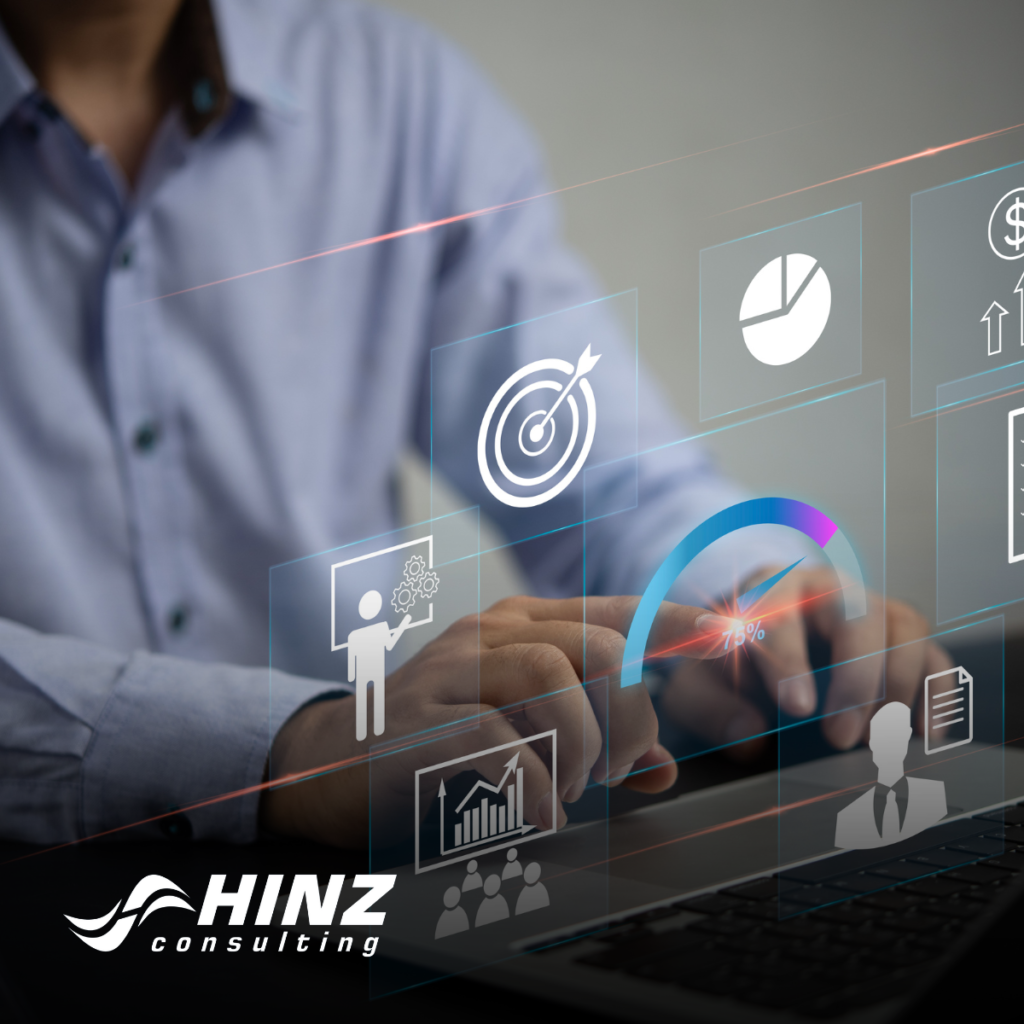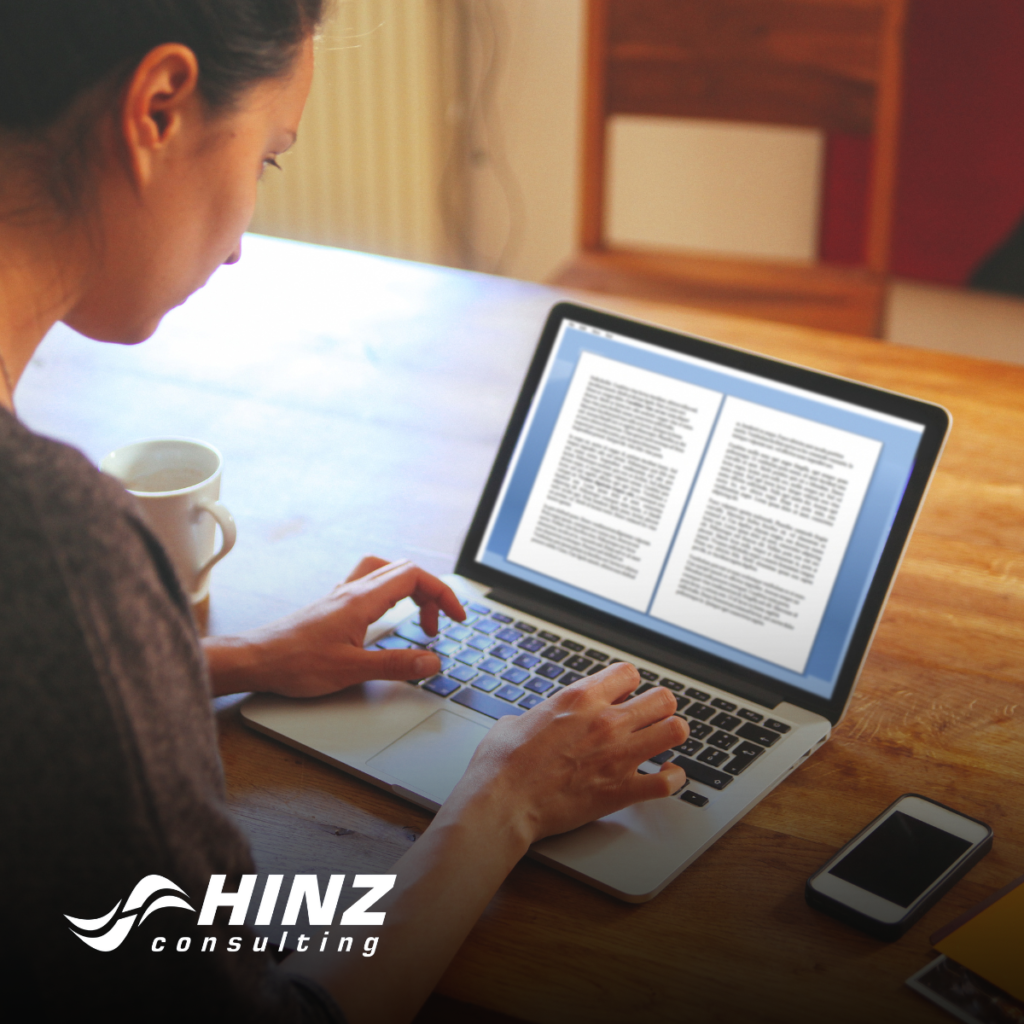The Benefits Of Proposal Generation

Introduction: In today’s fast-paced business environment, mastering the art of proposal generation is crucial. This blog delves into the various advantages of adopting robust generation practices, showcasing how businesses can streamline processes, enhance communication, and propel growth through efficient proposal creation. Time Efficiency and Quick Turnaround: Streamlining Processes: Generation tools empower businesses to craft comprehensive […]
Unlocking Business Development Potential with AI Expertise

In the dynamic landscape of business development, harnessing the power of Artificial Intelligence (AI) is a strategic imperative. To empower business development with AI, understanding its unique domain and applications is crucial. This blog explores how AI can revolutionize business development efforts, offering a competitive edge in today’s fast-paced markets. Unique Domain The Unique Domain […]
What is Proposal Generation?

Introduction: In the intricate realm of business, proposal generation stands as a cornerstone process, weaving together artistry and methodology to craft compelling documents that communicate value. This blog endeavors to demystify the concept of proposal generation, shedding light on its essence, importance, and the evolving landscape. Defining Proposal Generation: An Art and Science Fusion: Proposal […]
Maximize Your Business Development AI investment

Introduction To maximize your Business Development AI investment, consider focusing on a high-impact strategy. Provide comprehensive AI training for your key BD staff, enhancing their efficiency in responding to White Papers and RFIs. Integrating AI into these processes can significantly improve proactive BD efforts and accelerate client communication. Recognizing the vital role of subject matter […]
What Is An AI Proposal Builder?

Introduction: In the dynamic landscape of proposal creation, Artificial Intelligence (AI) has emerged as a game-changer, introducing efficiency and innovation. At the heart of this transformative process is the AI Proposal Builder. This blog delves into the definition, benefits, and integral role an AI Proposal Builder plays in revolutionizing the way proposals are crafted. Definition […]
Effectively Utilize an AI Proposal Writer in Government Contracting

Unlock the potential of AI in government contracting by learning how to harness the capabilities of an AI proposal writer. Explore actionable insights on making the most of AI tools for crafting compelling and successful proposals. How to Use an AI Proposal Writer: Understanding Procurement Requirements: · AI proposal writers can analyze procurement requirements and […]
The Roles of an AI Proposal Writer in Government Contracting

Unlock the key roles of an AI proposal writer in government contracting and witness the evolution of proposal creation. Delve into the unique responsibilities that make AI-driven tools indispensable for crafting winning proposals. Roles of an AI Proposal Writer: Content Creation and Optimization: · AI proposal writers excel in generating high-quality, tailored content for proposals. […]
The Benefits of an AI Proposal Writer in Government Contracting

Introduction: In the realm of proposal creation, the integration of Artificial Intelligence (AI) has ushered in a new era of efficiency and effectiveness. At the forefront of this transformation is the AI Proposal Writer, a powerful tool that goes beyond mere automation. This blog delves deep into the myriad benefits that organizations can unlock by […]
What is an AI Proposal Writer?

An AI proposal writer is a specialized tool or software designed to assist in the creation and development of proposals, particularly in the context of government contracting. It leverages artificial intelligence (AI) technologies, including Natural Language Processing (NLP), machine learning, and advanced algorithms, to automate various aspects of the proposal writing process. The primary goal […]
A Step-by-Step Guide to Mastering AI Proposal Writing

In the realm of business proposals, the adoption of Artificial Intelligence (AI) is reshaping the landscape, offering unparalleled advantages to those who harness its capabilities. This blog takes a deep dive into the transformative power of AI proposal writing, uncovering how it enhances efficiency, personalizes content, and contributes to strategic decision-making. Embracing Efficiency: Streamlining Workflows […]
